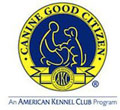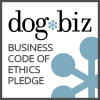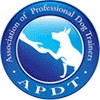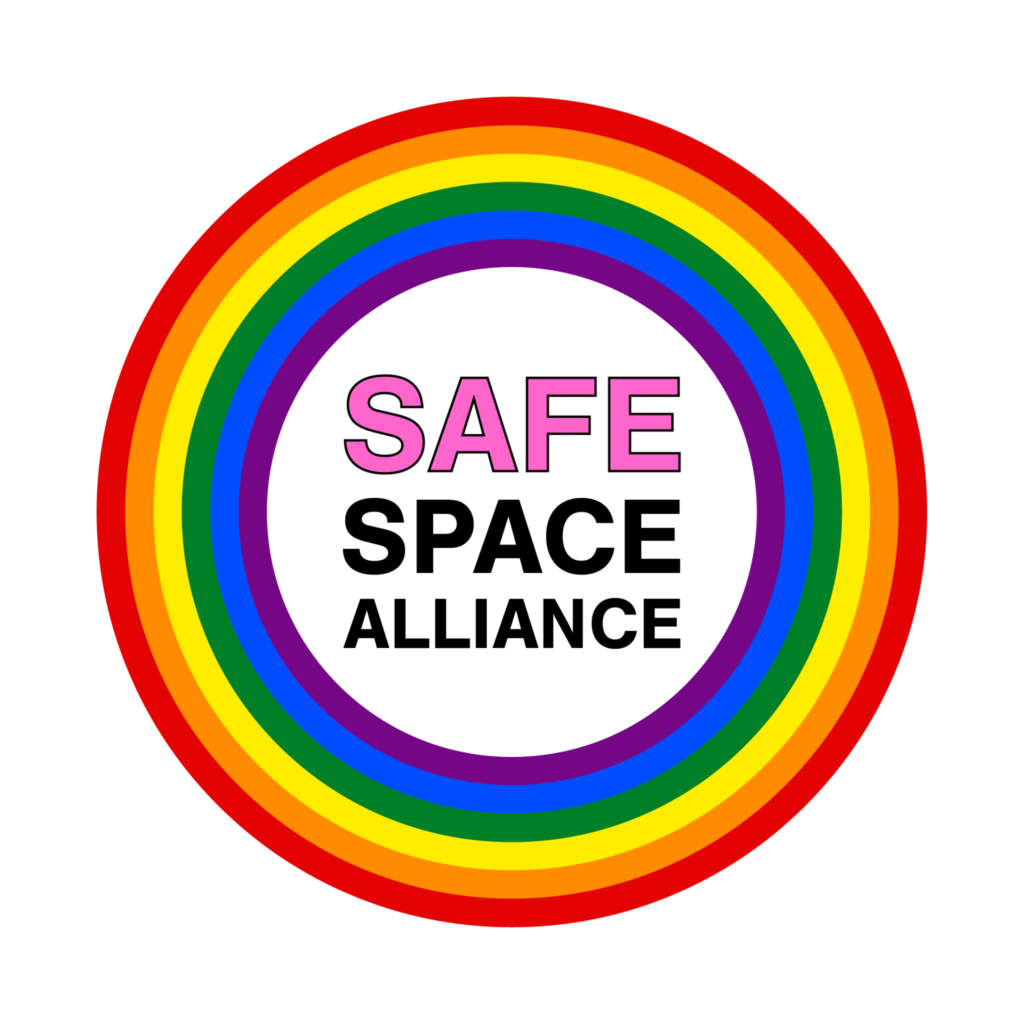Canine Influenza has reached the Truckee Meadows. Here are our changes in policy and sanitation protocols. We hope you will continue to feel confident coming to classes and referring others to us!
Cleaning and sanitation
- Increased disinfection of trouble spots. We have always cleaned the training center and mopped the floor once a week (before Puppy classes) with Trifectant. We will now be doing that twice or more per week.
- mop floors
- spray down chairs after each class
- spray down walls after each class
- spray door handles and bathroom fixtures
- Hand sanitizer has been placed at each client’s seat. Clients will be reminded to sanitize their hands before working with anyone else’s dog (for example, during puppy socialization/handling training), and before and after Puppy Play Time
- Individual water bowls for each dog. We’ve picked up the communal water bowls. The disposable paper bowls will be thrown away after each class.
- Toys, towels, and chews will now be one dog, one use only. The client will either take the item home with them, or Joanna will take it home to wash it.
- We will be sure to wear fresh clothing each day (ie, we won’t wear the same pair of jeans twice in a row)
Safety measures
- For more information on the flu, visit www.dogflu.com. We are strongly encouraging every pet owner we encounter to vaccinate their dogs, especially those who frequent the dog parks, doggy daycare, groomers, and boarding facilities. As always, clients have been instructed that if their dog shows any symptoms of illness, they leave their dog at home and inform us. We will be sure that the dog has been symptom free for 3 weeks before we allow them to return to class, and work with the client to make this happen in a fair way.
- Don’t bring it home. Puppy class clients will be instructed that for the duration of their 6 week class, the puppy is not to visit any dog parks, doggy daycare, grooming facilities, or board their dog, and neither are any of the puppy’s housemate dogs.
- Modifying Puppy class socialization homework to discourage dog-to-dog socialization, and encourage more dog-to-person socialization (ex. getting comfortable with stethoscopes and otoscopes, grooming procedures like nail trimmings, the mailman and UPS guy, etc.)
- Clients will be instructed on the dangers and benefits of Puppy Play Time during Puppy Kindergarten class. Essentially, after all of our cleaning and safey measures, the most likely way disease will be transmitted in the training center is dog to dog directly, during puppy play time. (Adult dogs in classes will not interact at all.) Off-leash play is very important for young puppies, because this is where they learn bite inhibition and appropriate interactions, and receive feedback in real-time (from the other dogs and the instructor) on what is appropriate play and what is not. Clients will be briefed on the risks and benefits of Play Time, so they may give their informed consent to have their puppy participate, or decline, in which case they’ll be encouraged to step outside for a short walk with their puppy while the other dogs play.
- Discounted private training. From now until the end of April, clients who are uncomfortable bringing their dogs into the facility for training will have the option of 10% off of private training. This way they can begin training and/or socializing in a safe way until their influenza vaccine becomes effective.
What it means, behaviorally
- Sadly, it’s impossible for puppies to pick up where they left off. While puppies are more vulnerable to the flu, they are also more behaviorally vulnerable. The critical socialization period actually ends at about 3 to 4 months of age, which means that to be socialized properly, a puppy has to be exposed, in a positive way, to the stimuli he or she will be expected to handle with grace later on in life before they will be done their vaccines. This puts us and puppy owners in a conundrum, because if a puppy withdraws from class or declines to attend, they can’t effectively pick up where they left off. Of course, we’re still happy to help owners with any difficulties that arise in 6 months to a year due to lack of socialization.
Our goal is to make our training classes as safe, or safer, than a veterinary clinic, for the clients (canine and human) who trust us with their family members. Please reach out if you have any questions.









